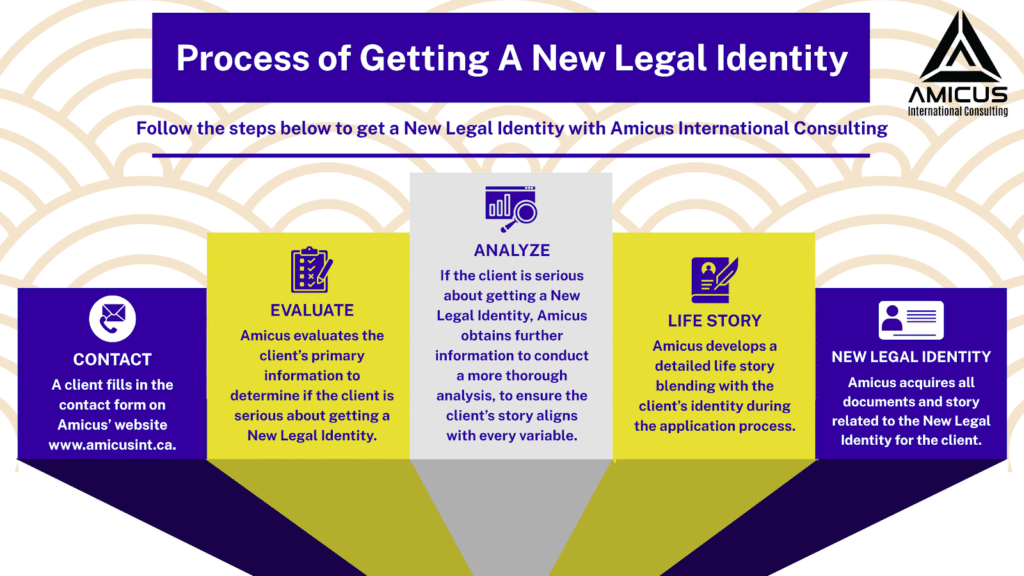Vancouver, Canada — The United Kingdom government has confirmed sweeping reforms to its Skilled Worker visa programme, cutting the list of eligible sponsored occupations and raising the minimum skill level required for overseas hires.
The reforms, set to take effect in early 2025, are the most significant structural shift in UK skilled migration since the points-based system was introduced in 2020. They are expected to impact employers across health care, technology, engineering, manufacturing, and hospitality, as well as overseas professionals who had planned to use sponsorship as a pathway into the UK labour market.
The Skilled Worker visa replaced the Tier 2 (General) route and quickly became the primary legal channel for UK employers to fill vacancies with overseas talent. Sponsorship requires a Home Office licence, proof that the role meets the eligibility criteria under the Standard Occupational Classification (SOC) system, and compliance with minimum salary thresholds.
The forthcoming changes will not only remove specific roles from eligibility but also restructure the skill requirements so that some previously qualifying positions will no longer meet the criteria.
A significant part of the reform involves trimming the shortage occupation list, which previously allowed specific roles to be sponsored at a lower salary threshold. Health care support workers, junior IT roles, and some technical trades are among the positions slated for removal. In addition, the SOC system will be recalibrated to exclude roles that fall below the new skill threshold, effectively closing the door on sponsorship for many lower- and mid-level positions.
The Policy Shift and Its Drivers
Government officials argue that the reforms are necessary to manage net migration, ensure that sponsorship is reserved for roles with demonstrable shortages at high skill levels, and encourage investment in the domestic workforce. Political pressure has been building to tighten controls after migration figures surged in recent years, with critics claiming that the system had become overly reliant on overseas labour for positions that could be filled domestically.
While ministers frame this as a recalibration rather than a restriction, the impact on employers will be immediate and tangible. Organisations that depend on international hiring for critical roles, especially in regions where domestic talent pools are shallow, will have to reconfigure recruitment strategies, often at considerable cost and with longer lead times.
Historical Policy Trajectory
From 2010 to 2020, the UK steadily narrowed the scope of its Tier 2 (General) visa, increasing salary thresholds and restricting lower-skilled roles. Post-Brexit, the Skilled Worker route lowered the skill level requirement to RQF Level 3 (A-level equivalent) to offset the loss of free movement from the EU. This opened sponsorship to a broader range of occupations and was seen as a necessary measure to stabilise the labour market.
However, by 2023, ministers began signalling a reversal, raising thresholds to £26,200 (£23,040 for shortage roles) and commissioning a review of SOC codes. The 2025 changes mark a decisive pivot toward a “fewer, higher-skilled” approach.
Key Timeline of Skilled Migration Reforms:
- 2008: Points-based system introduced.
- 2010: Annual cap on Tier 2 visas introduced.
- 2014: Salary thresholds increase; SOC list reduced.
- 2015–2018: Temporary expansions in shortage lists for health care.
- 2020: Skilled Worker route replaces Tier 2, lowering skill level to RQF 3.
- 2023: Salary thresholds raised; SOC review announced.
- 2025: Eligible roles cut; skill level raised; shortage list reduced.

SOC Code Changes and Role Removals
The SOC system assigns a skill level to each occupation. Only those meeting the Skilled Worker minimum will remain eligible. Under the new structure:
- Removed: Care workers, home carers, junior software developers, and specific technician-level roles.
- Restricted: Chefs (excluding short-order cooks), requiring five years’ experience.
- Retained: Registered nurses, senior engineers, senior developers, and other high-specialisation roles.
The changes will also narrow the definition of specific roles, preventing employers from sponsoring lower-level duties under higher-skilled codes.
Sector-by-Sector Impacts
Health Care: The removal of care assistant and home carer roles will hit the social care sector hardest, especially in rural areas. While registered nurses remain eligible, competition for them will intensify.
Technology: Junior roles will be excluded, forcing tech companies to focus on mid- and senior-level hires or explore remote/offshore solutions.
Engineering and Manufacturing: Technician roles face cuts, with eligibility reserved for professional-level engineering roles.
Hospitality: Chefs remain eligible but with stricter definitions, limiting sponsorship to high-experience candidates.
Case Study 1: Hospital Staffing Gaps
An immense NHS trust in Yorkshire, which relies heavily on sponsored care assistants, will see its overseas recruitment pipeline dry up overnight. With domestic recruitment cycles running 6–12 months, patient care delivery will be strained.
Case Study 2: Offshore Tech Team
A Manchester-based software firm sponsoring 15 junior developers will lose eligibility to renew their visas in 2026. To retain their talent, the company will relocate these employees to a new offshore centre in Poland.
Case Study 3: Manufacturing Apprenticeship Drive
A Midlands automotive manufacturer, losing eligibility for sponsored assembly technicians, has committed to doubling apprenticeship intake and creating a two-year technical training programme.
Alternatives for Employers
Employers losing access to Skilled Worker sponsorship for key roles can explore:
- Global Talent Visa: For recognised leaders in academia, tech, or arts.
- Scale-up Visa: For high-growth companies meeting scale-up criteria.
- Intra-Company Transfer (ICT): For moving employees from overseas offices.
- High Potential Individual (HPI) Visa: For graduates of top global universities.
- Frontier Worker Permits: For eligible EU citizens maintaining work ties to the UK.
Case Study 4: Scale-up Visa Transition
A London fintech firm that previously relied on Skilled Worker visas for junior analysts achieved scale-up certification, allowing it to hire overseas talent with fewer restrictions.
Five-Year Forecast
Amicus International Consulting anticipates that:
- Salary thresholds will climb to match median sector earnings.
- The shortage list will shrink further, possibly retaining only select health care roles.
- New visa types will emerge for emerging sectors like AI and green technology.
- Offshore and hybrid work models will become standard in sectors losing sponsorship eligibility.
International Comparisons
Canada: Offers employer-specific and open work permits with varying skill thresholds, but maintains lower entry barriers for mid-level roles than the UK.
Australia: Has a skilled occupation list but uses regional visas to address shortages, offering flexibility that the UK lacks.
Case Study 5: International Relocation Strategy
A Cambridge biotech firm, which had lost sponsorship for lab technicians, established a Portuguese subsidiary to maintain R&D continuity while focusing UK recruitment on senior scientists.
Legislative and Operational Risks
Employers must monitor not only policy announcements but also transitional provisions. In past reforms, transitional arrangements have allowed existing visa holders to extend under old rules, but there is no guarantee the same will apply in 2025.
Recommendations from Amicus International Consulting
- Map Vulnerable Roles: Identify positions likely to be cut and plan alternative staffing routes.
- Fast-Track Applications: Submit sponsorships before the eligibility changes take effect.
- Invest in Domestic Talent: Develop training pipelines now to offset future hiring constraints.
- Consider Offshore Models: For roles without a viable UK immigration route, establish overseas teams.
- Maintain Compliance: Ensure sponsorship licence management meets the heightened scrutiny likely to accompany these reforms.
Case Study 6: Hybrid Engineering Teams
A Glasgow engineering consultancy unable to sponsor CAD technicians has shifted to a hybrid model, with UK-based engineers overseeing offshore design staff in South Africa.
Amicus International Consulting emphasizes that adaptation is no longer optional; it has become a strategic necessity. With UK immigration policy moving toward a smaller, more selective skilled migration pool, employers and prospective workers must act now to secure positions before the reforms close the door.
Contact Information
Phone: +1 (604) 200-5402
Email: info@amicusint.ca
Website: www.amicusint.ca



